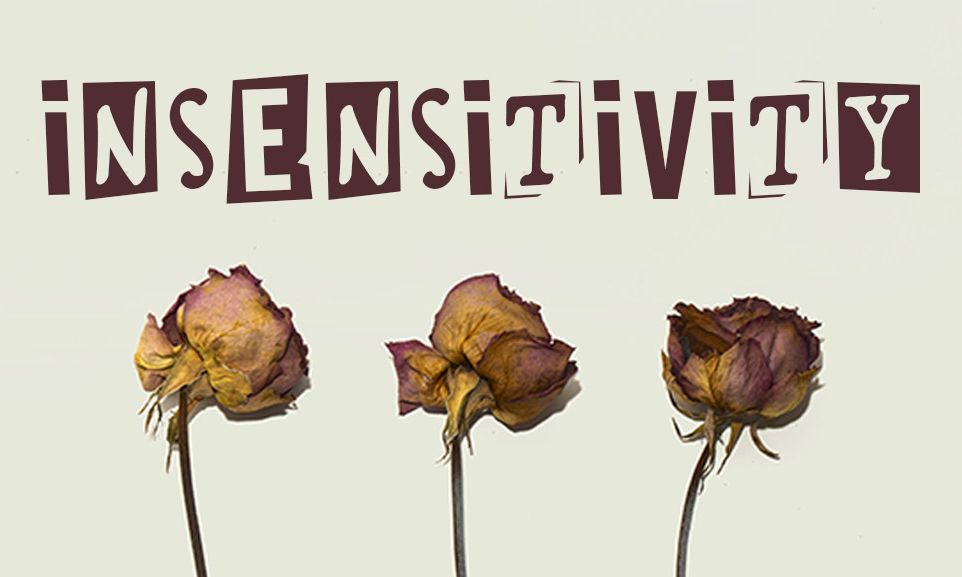
Insensitivity
At the core of every "mistake" is spiritual insensitivity. The result is lost opportunities for personal growth. The High Holidays are opportune times to re-sensitize ourselves.

The stranger bent over and asked the young man to do him a favor, “Would you mind carrying my groceries home for me?” The young boy sighed and sheepishly told the elderly man that his mother was expecting him home, and that he had to hurry off. He then ran to meet his friends at the basketball court instead.
However, his friend did not run off to the basketball game. Feeling sympathy for the elderly gentleman, he accepted the responsibility, and helped to carry the  man’s groceries home. Once the second boy finally arrived at the game, he was asked by his friends why he was so late.
man’s groceries home. Once the second boy finally arrived at the game, he was asked by his friends why he was so late.
 man’s groceries home. Once the second boy finally arrived at the game, he was asked by his friends why he was so late.
man’s groceries home. Once the second boy finally arrived at the game, he was asked by his friends why he was so late.“I helped an old man carry his groceries home.”
“You did what?”
“Yea, and it was worth it,” the boy added, catching the ear of the first boy. “When we got to his house, he gave me five dollars and a chocolate bar!”
The first boy frowned and quietly said to himself, “I saved myself the hassle, but in the end, it cost me five dollars and a chocolate bar.”
How often does this pattern repeat itself throughout life, and cost people far more than small amounts of money and sweets? How often do people turn their backs on the opportunity of a lifetime, seeing it as nothing more than another option in life?
Then there’s the story of the European gentleman, whose poor understanding of the English language cost him a good paying job. He thought the boss told him to bring the car into the shop, but was only told to turn the engine off. It cost the boss hundreds of dollars (for unnecessary car service) and the employee his job (for ignorance of a foreign language)!
“What you don’t know won’t hurt you,” is a familiar saying, but an incorrect one. What you don’t know can hurt you, and most likely will hurt you, at some point in the future. Ignorance is not bliss, it is missed opportunities and lost life.
People who love to travel buy all kinds of guides in advance of a trip for fear that they will not visit every site worth seeing. They read up in advance of their trips to make sure that they take advantage of every available opportunity.
People who love to make money act likewise, reading every major financial newspaper and magazine available. Maybe there’s a business opportunity out there that will go unnoticed if not pursued. Clearly, in the world of finance, ignorance is missed opportunity.
Yet, when it comes to life, ignorance, for many people, is something with which one can live. The difference is very simple: a trip costs money and may be an once-in-a-lifetime venture. The same thing is true of business, a world in which one is considered fortunate if opportunity knocks at all.
However, life in general appears to be full of opportunity. Fail today and you can start again tomorrow. Fail again tomorrow, and you can begin fresh the next day, and so on. A life with unlimited tomorrows is a life of unlimited opportunity, seemingly. So why worry?
There’s a story in the Torah that is known by just about everyone. It is about two brothers, twins, who make the deal of a lifetime. The story is of Eisav and his younger brother, Ya’akov.
As the firstborn son, Eisav was entitled to the spiritual legacy bequeathed by his father Isaac, and his grandfather, Avraham. However, to Eisav, a man of the world, this mattered little. As a result, one day he bartered that right for some food he needed while exhausted.
After satisfying his tremendous hunger and regaining his strength, the Torah says Esau “. . . got up and left, and despised the birthright.”
However, the time would come when Eisav would become aware of what he gave away for some food, and he would greatly, and eternally, regret his previous decision. That time was 48 years later, when Yitzchak, Ya’akov’s and Eisav’s father, was prepared to hand over the blessings that came along with the birthright. Yitzchak assumed that Eisav was still the firstborn, and Eisav assumed that no longer owning the right of the first born had little to do with receiving the blessings.
However, Eisav was wrong, and when Divine Providence arranged for Ya’akov to take the blessings intended for Esau, Esau let out a great cry. For some food, Eisav had traded away eternity.
It is hard for many of us to laugh because we have traded away important opportunities for less. In fact, the challenge in life is to discover the hidden opportunity in every moment, in every moment of life, and to capitalize on it.
The ability to be able to do this relies upon sensitivity, and sensitivity comes from understanding what to be sensitive to, and why to be sensitive to it. This is the role of Torah, of its stories, narratives, commandments, and commentaries, to provide the understanding that leads to such levels of sensitivity.
Mistake, therefore, is the result of insensitivity, specifically spiritual insensitivity. It is this that leads to a lower quality of life, as even some in the secular world are beginning to acknowledge.
Pounding our chests on Yom Kippur, we said… “For the sin we committed by…” what we really meant to say was:
For the sin we committed by… missing an opportunity to grow… for being spiritually insensitive to the opportunity to grow… for not learning about the opportunity of life to become sensitive, that resulted in an incorrect response to the opportunity You gave to us.
***
Pinchas Winston is the author of over 95 books on various topics that deal with current issues from a traditional Jewish perspective. He has also written on the weekly Torah reading since 1993, called “Perceptions,” as well as on current topics and trends affecting Jewish history, past and present. One of his missions is to make the depth and beauty of the more mystical teachings of Torah understandable and accessible to those who can really benefit from them. Visit his website at thirtysix.org.


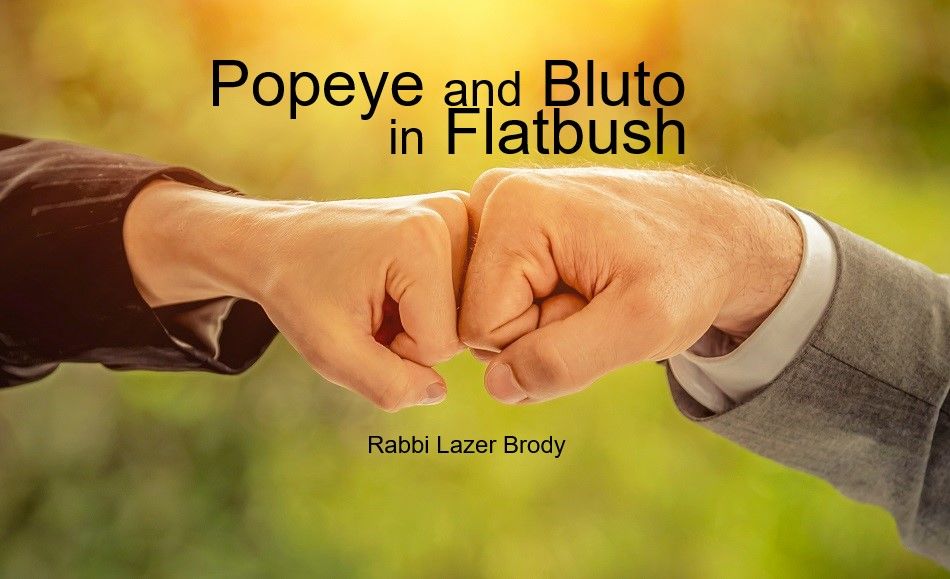
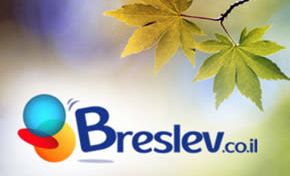
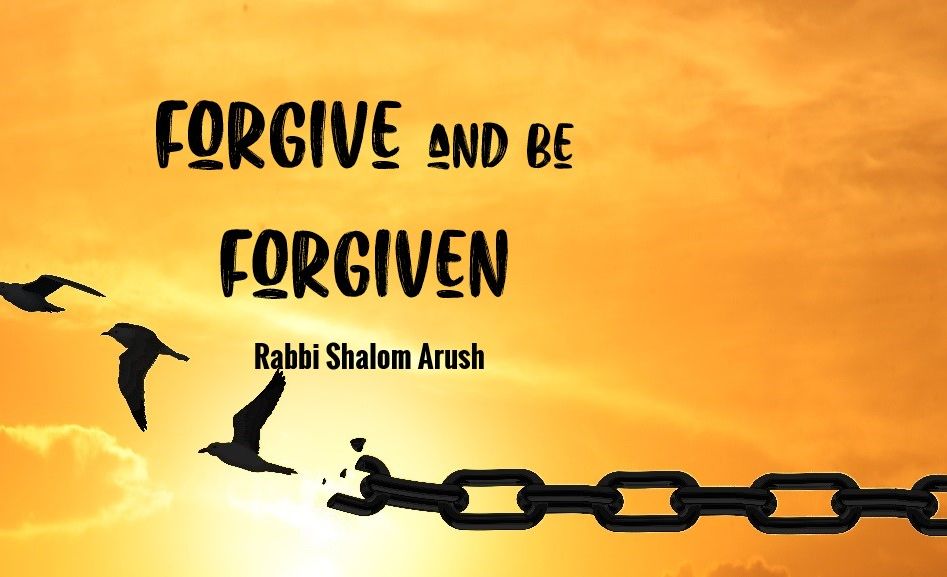
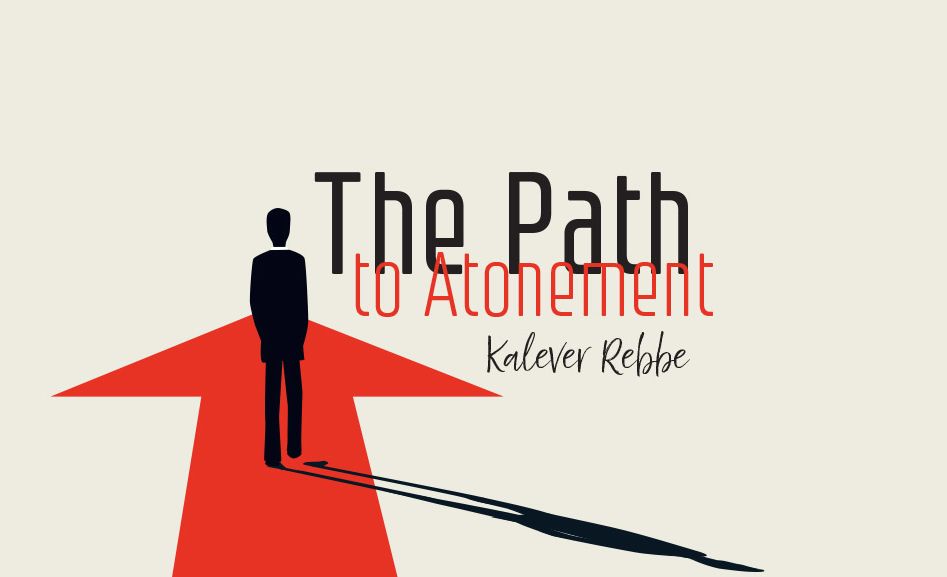

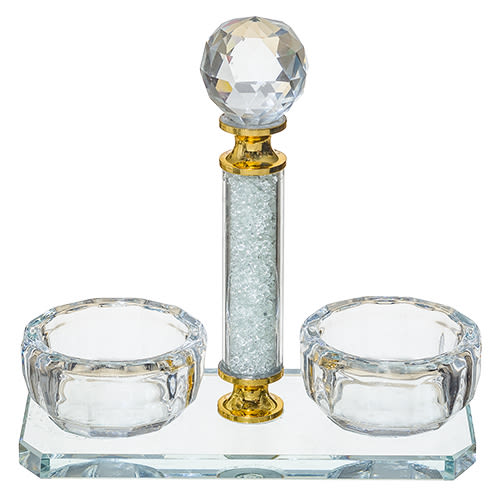

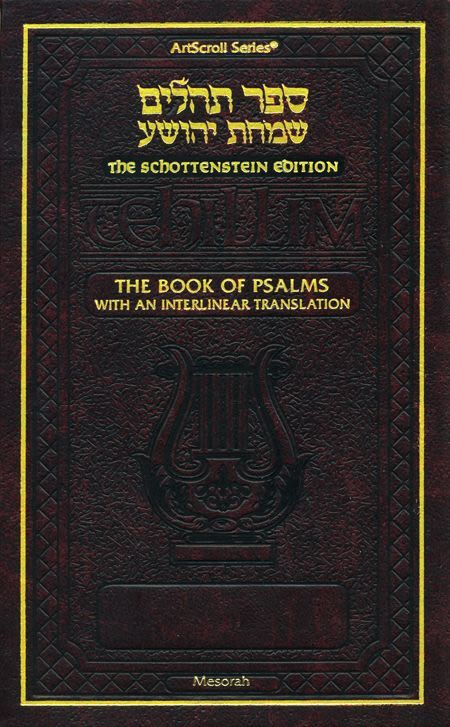
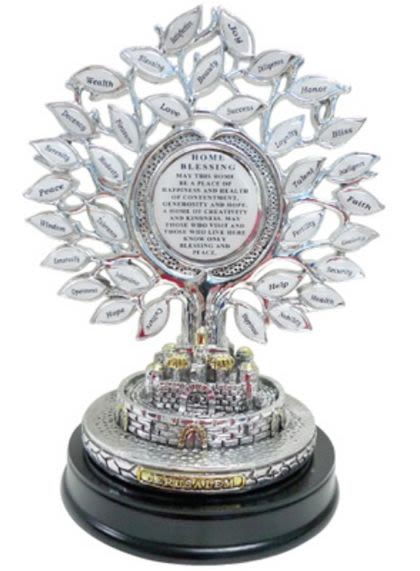
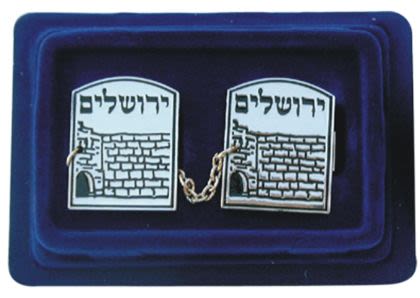
Tell us what you think!
Thank you for your comment!
It will be published after approval by the Editor.